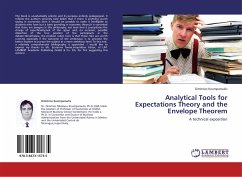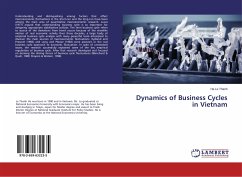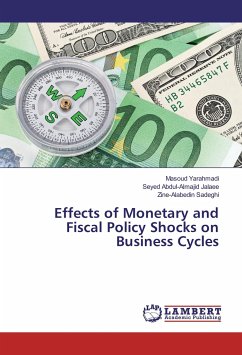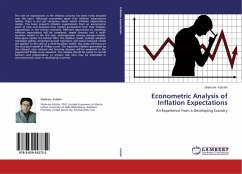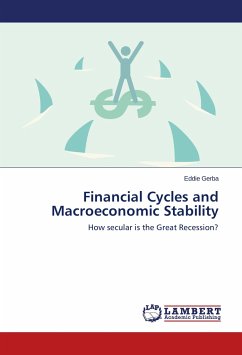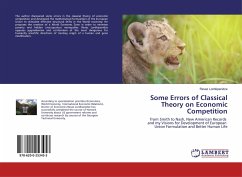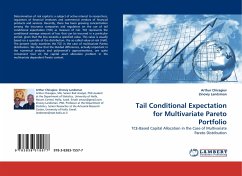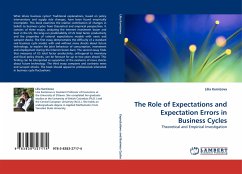
The Role of Expectations and Expectation Errors in Business Cycles
Theoretical and Empirical Investigation
Versandkostenfrei!
Versandfertig in 6-10 Tagen
39,99 €
inkl. MwSt.

PAYBACK Punkte
20 °P sammeln!
What drives business cycles? Traditional explanations, based on policy interventions and supply side changes, have been found empirically incomplete. This book examines the relative contribution of changes in beliefs to business cycles from theoretical and empirical perspectives. It consists of three essays, analyzing the Internet investment boom and bust in the US, the long-run predictability of US total factor productivity and the properties of rational expectations models with news and sunspot shocks. The first essay demonstrates the difficulty of a standard real business cycle model, with ...
What drives business cycles? Traditional explanations, based on policy interventions and supply side changes, have been found empirically incomplete. This book examines the relative contribution of changes in beliefs to business cycles from theoretical and empirical perspectives. It consists of three essays, analyzing the Internet investment boom and bust in the US, the long-run predictability of US total factor productivity and the properties of rational expectations models with news and sunspot shocks. The first essay demonstrates the difficulty of a standard real business cycle model, with and without news shocks about future technology, to explain the joint behaviour of consumption, investment and employment during the Internet boom-bust. The second essay finds that measures of US total factor productivity, orthogonal to monetary and fiscal policy shocks, can be forecast for up to two years ahead. This finding can be interpreted as supportive of the existence of news shocks about future technology. The third essay compares and contrasts news and sunspot shocks. The book should appeal to professionals interested in business cycle fluctuations.




